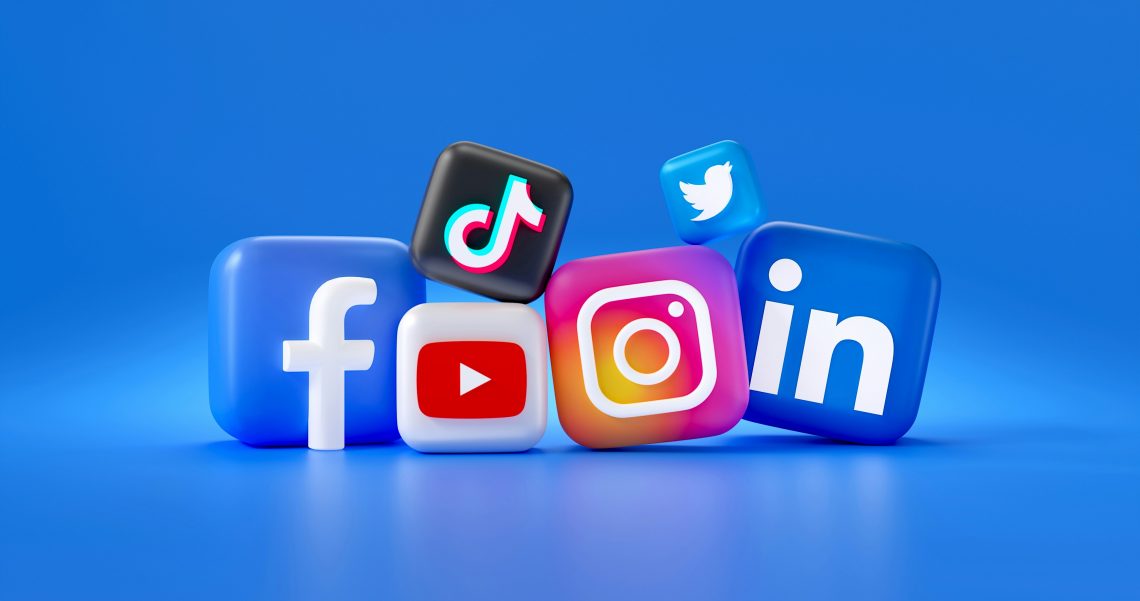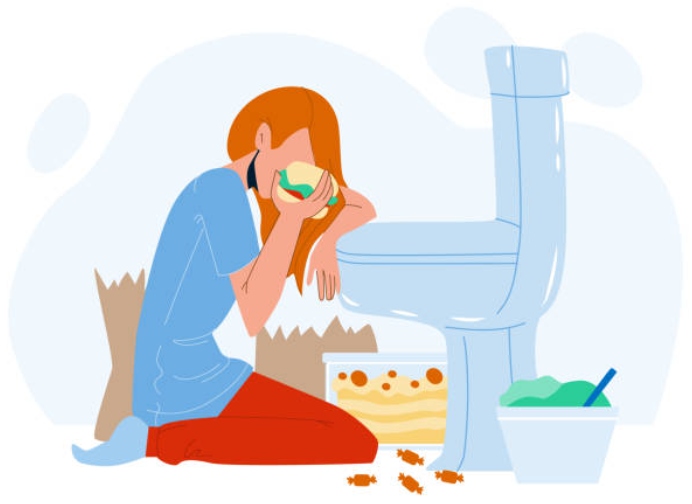Table of Contents
Media Shapes Our Body Image

Magazines, television, social media and billboards. None of these are safe. Each of these are plastered with thin beautiful women, the image of perfection and perfectly chiseled men. It’s no wonder so many struggle with poor body image and eating disorders.
A profound 46% of teens girls and 26% of boys are unhappy with the shape and size of their body (Marjorie J. Hogan, MDa,b, Victor C. Strasburger, MD, FAAP*c). The construction of body image incorporates input from peers, family and media. Comments by parents about weight and shape are also often associated with lower self-esteem. Throw in the teasing that occurs among children and adolescence and you have yourself a perfect storm for low self-esteem.
Does anyone care? I know that I have been influenced by each of these things which led to my own eating disorder. I looked at the magazines and the models in them and felt as though I was not enough, that I could never measure up. I heard the comments that had me questioning my own appearance on a scale of acceptable or not.
With the rising access to all forms of information and images, it’s no wonder that body image continues to plumbite and eating disorders are on the rise. So, what can be done about this? How do we take down an organization or a platform that is sucking the life out of so many people? How can we make a change?
Taking on multi-billion-dollar companies and fighting for them to stop profiting off individuals may be an impossible task. However, as a society we can make small changes together to combat companies from portraying unrealistic body standards. Social media companies and the government need to be held accountable.
How to Create Change
- Education is important. It’s important to educate one another on positive body image by focusing on health and what the society really looks like. This is when we can start to build confidence, self-esteem and focus on what positive body image is about. Why not start in the schools? Educating youth about body image may be part of a solution to create awareness and give tools to individuals to understand and feel empowered to know that.
- Sign up on the Eating Disorder Coalition website to receive emails about advocacy options.
- Partake in events surrounding eating disorder awareness week (Feb.27-March 5). Become a collaborator for events being held this week by logging onto the NEDA website.
- Volunteer for a non-profit eating disorder organization.
- Head to capital hills for lobby days. Informing politicians about the critical issues associated with eating disorders and what treatment entails is very important.
- Join conversations on social media to encourage others who struggle.
- Look into advocacy programs
- Mentor someone who is struggling with an eating disorder.
We have a long road ahead of us to make lasting changes. It is a marathon not a sprint, so celebrate each and every small victory and keep pushing on toward the goal of educating and making changes.



